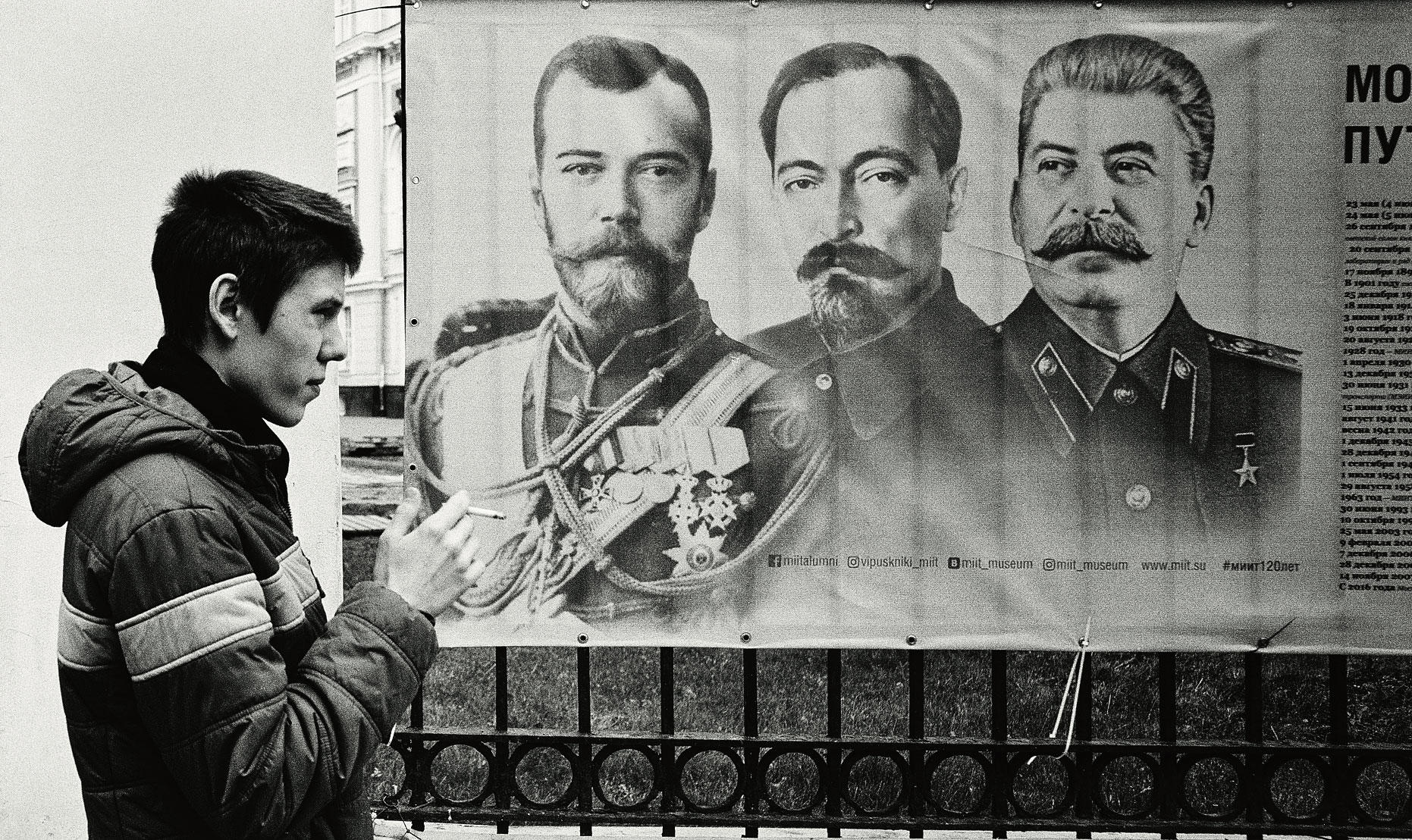“I wanted to do a book about forgetting,” Masha Gessen said recently during a talk in Pulitzer Hall. Gessen, a New Yorker staff writer, was recounting a meeting she’d had two years ago with Irina Flige, an activist in St. Petersburg working to raise awareness of the suppressed history of Soviet state terror, especially Joseph Stalin’s forced-labor camps. From the early 1930s to 1953, millions of people, many accused of disloyalty to the state, died in the Gulags, sometimes from bullets, but usually from disease, starvation, hypothermia, and exhaustion.
Flige agreed to speak with Gessen, but she did not accept the premise of a book about forgetting. Forgetting presupposes remembering, Flige explained. And because Russia never fully confronted, historically or legally, the realities of Soviet terror, there was no separation between past and present. Without such a break, there could be no remembering, and thus no forgetting.
That exchange gave Gessen a title for her book Never Remember: Searching for Stalin’s Gulags in Putin’s Russia. Featuring essays by Gessen and photographs by Misha Friedman, it is the fourteenth book published by Columbia Global Reports, an imprint devoted to in-depth works of journalism on topics often neglected by budget-squeezed American news outlets.
In Pulitzer Hall, Gessen, who emigrated from Russia to the US with her parents in 1981, sat between Friedman and Columbia journalism dean emeritus Nicholas Lemann, director of Columbia Global Reports. Behind them, on a screen, floated Friedman’s haunting black-and-white panoramas of abandoned camps: watchtowers, gloomy forests, wooden barracks, barbed wire, overgrown fields marked with crosses.
In 2016, Gessen and Friedman traveled to Gulag sites (the word “Gulag” is an acronym for the government agency that ran the camp system), starting with places that Gessen had visited twenty years before, when it seemed that burgeoning memorialization efforts would lead to a meaningful reckoning with the past. But Gessen found that many Russians had lost their taste for introspection. She attributed this to a kind of “memory fatigue,” a result of President Vladimir Putin’s stoking of nostalgia for past imperial glories and his ambiguous stance toward Stalin — what Gessen calls Putin’s “desire to turn memory to mush.”
Some in the audience objected to Gessen’s critique of the Russian state. One self-identified Soviet-born man accused Gessen of peddling “hysteria” and “half-truths” to advance an “extreme anti-Russian agenda.” He said that Russians would never view Gessen and Friedman, who are Jewish, as Russians (“I’m a Jew,” he added); that Russians see the Gulag system as having been set up by Jews; and that Gessen’s “propaganda” was not “conducive to any kind of political diplomacy.” Gessen declined to respond.
Afterward, while attendees lined up to get their books signed, a Russian woman took issue with Gessen’s assertion that public debate in Russia has been “destroyed.” She said this portrait of her country was “unfair” and “painful,” and that if free speech was dead anywhere, it was dead in New York City.
These disputes underscored the conundrum of historical memory that Gessen presented at the outset: the domestic nature of Stalinist terror, and how it pitted Russians against Russians. That makes it impossible to tell stories, said Gessen, “because how do you tell a story about how we did this to ourselves?”



